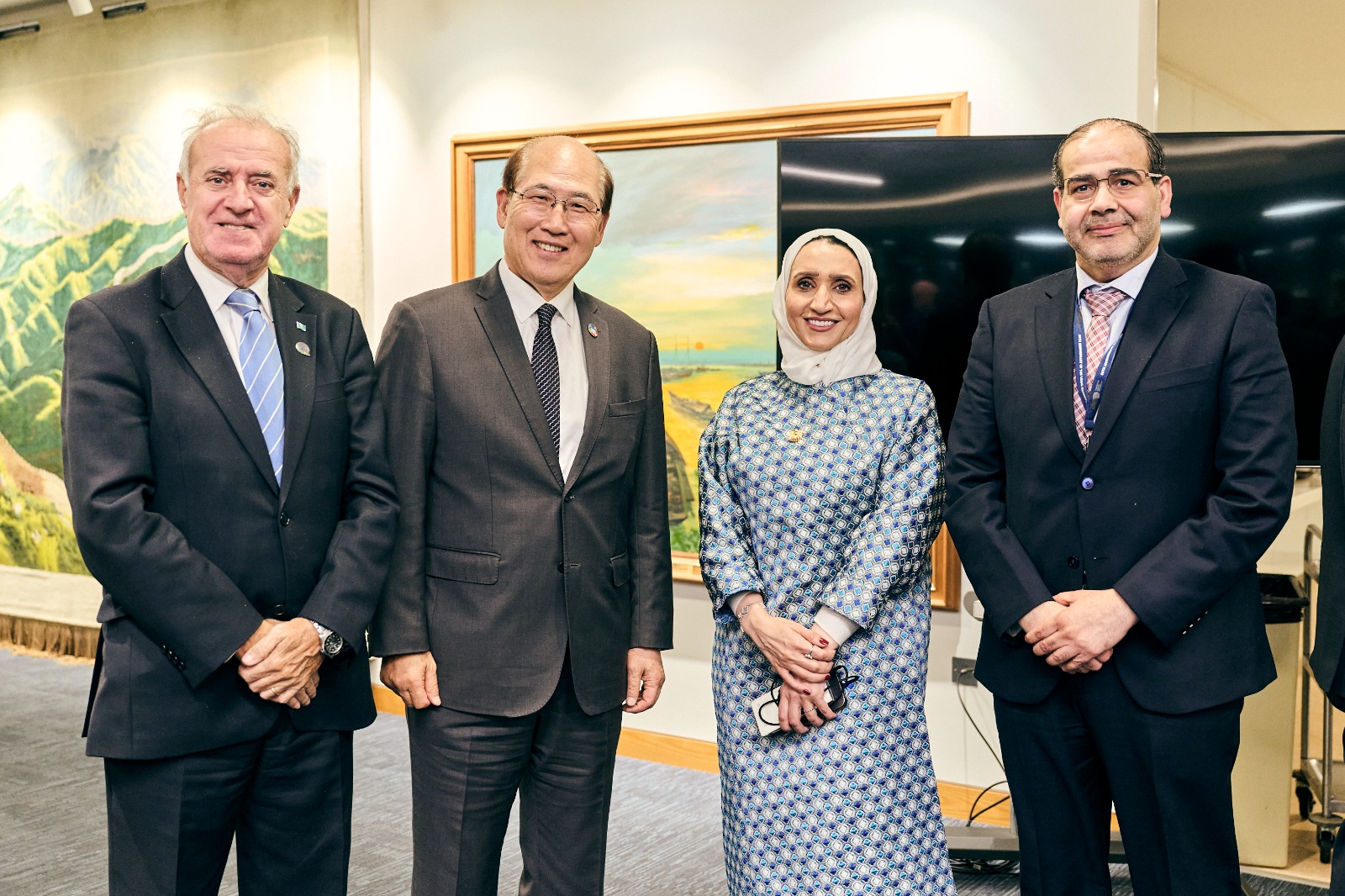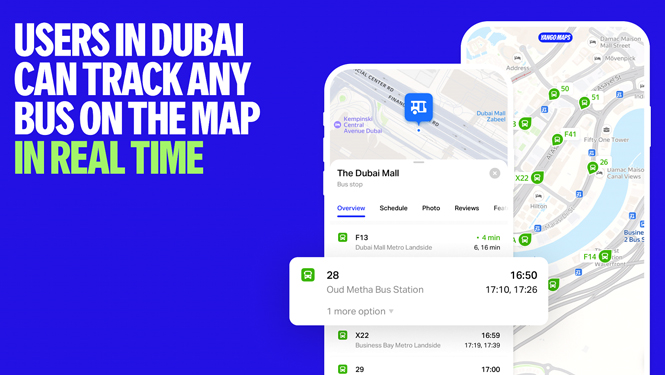The UAE banks on its past achievements and successful initiatives for a re-election in the Executive Council of the IMO under Category B
Dubai, United Arab Emirates – 30th of November 2023: The UAE is currently regarded as one of the most significant maritime hubs across the globe. Capitalizing on its strategic location, beneficial practices, decisions, and legislations, the nation is now considered to have one of the most developed maritime infrastructures, safety standards, and marine environments globally.
In 2017, the UAE was first elected to the International Maritime Organization (IMO) Council, category B, was re-elected in 2019, and received the highest number of votes in the 2021 elections. The UAE is looking forward to be re-elected for the fourth consecutive time in the elections that will take place on 01 December 2023 in London. The country aims to continue its effective role in strengthening maritime legislation and regulations to serve the shipping sector and international trade.
As part of the Executive Council, the UAE aims to continue its active role in strengthening maritime legislation and regulations to serve the shipping sector and international trade, while also strengthening the global maritime sector for a sustainable future.
Driving the growth of the global maritime industry
The UAE has become one of the world’s foremost maritime nations. In 2022, the maritime sector’s contribution to the UAE’s GDP surged to AED 129 billion, an impressive 18% increase compared to 2021. The country has achieved numerous accolades in global competitiveness indicators within the maritime sector. It was ranked 3rd globally in transport services trade and the Bunker Supply Index and claimed the 5th position as a major competitive maritime hub worldwide. The UAE’s ports are among the top 10 globally in terms of container handling volume. They handled over 19 million TEUs, with more than 25,000 port calls recorded in the UAE.
H.E. Hassan Mohamed Juma Al-Mansoori, Undersecretary for the Infrastructure and Transport Sector at the UAE Ministry of Energy and Infrastructure said, “As we hope to get re-elected in the Executive Council of the IMO for the third consecutive time, we look forward to motivating the industry to comply with new legislations and digital transformation in order to deploy advanced, smart, and innovative solutions for the sustainable development of the sector. Currently, we host more than 27,000 maritime companies in the nation, and our ports are ranked as one of the best across the globe, thus cementing our position as a leading maritime hub globally.”
Addressing significant topics within the industry
In addition to promoting digital transformation of the maritime industry and introducing legislations for the sustainable development of the sector, the UAE has been at the forefront of combating climate change, protecting the marine environment, ensuring the welfare of the seafarers’ community along with women empowerment in the industry through its initiatives.
Speaking on the UAE’s initiatives for addressing seafarers’ issues and empowering women in the maritime sector, H.E. Hessa Al Malek, Advisor to the Minister for Maritime Transport Affairs, UAE Ministry of Energy and Infrastructure said, “The UAE has been at the forefront of ensuring the welfare of the seafarers’ community through initiatives such as ‘Salmeen’ to recognise and appreciate marine crew as a part of the priority category of workers. This initiative protects seafarers’ rights with ship owners and operating companies, and also helped seafarers overcome the challenges they faced as a result of the pandemic and travel restrictions. The UAE is also a frontrunner in terms of ensuring women empowerment in the maritime industry. Through associations such as the Arab Women In Maritime Association (AWIMA), we have been able to encourage and highlight the role of women in the maritime sector, but also the capabilities of women to impact the growth and progress of the industry.”
Commenting on the UAE’s approach towards decarbonization and protection of the marine environment, Mohammed Khamis Al Kaabi, UAE Permanent Representative at the IMO said, “The UAE is among the first countries in the region to declare a national climate neutrality strategy, with the aim of reducing emissions by 40% by 2030 and achieving net-zero carbon emissions by 2050. This will be achieved through a sustainable, science-based approach that involves government organisations, national ship operators, sea ports, shipyards, and research centres, in line with the Paris Agreement and the UAE’s 50-Year Charter. The Port of Fujairah is a significant provider of low-sulphur bunker fuel and offers facilities for liquefied natural gas bunkering in accordance with the MARPOL Convention, to combat air pollution from ships and align with the IMO’s objectives. Additionally, the UAE has established the Emirates Centre for Reducing Carbon Emissions, the first of its kind in the region and fourth globally. The UAE is a key proponent of developing clean alternatives and green hydrogen fuel. It has emerged as a global hub for conferences that bring together experts in clean energy from around the world, in pursuit of innovative solutions and advanced technologies to achieve the IMO’s goals of decarbonising the maritime shipping sector.”
























